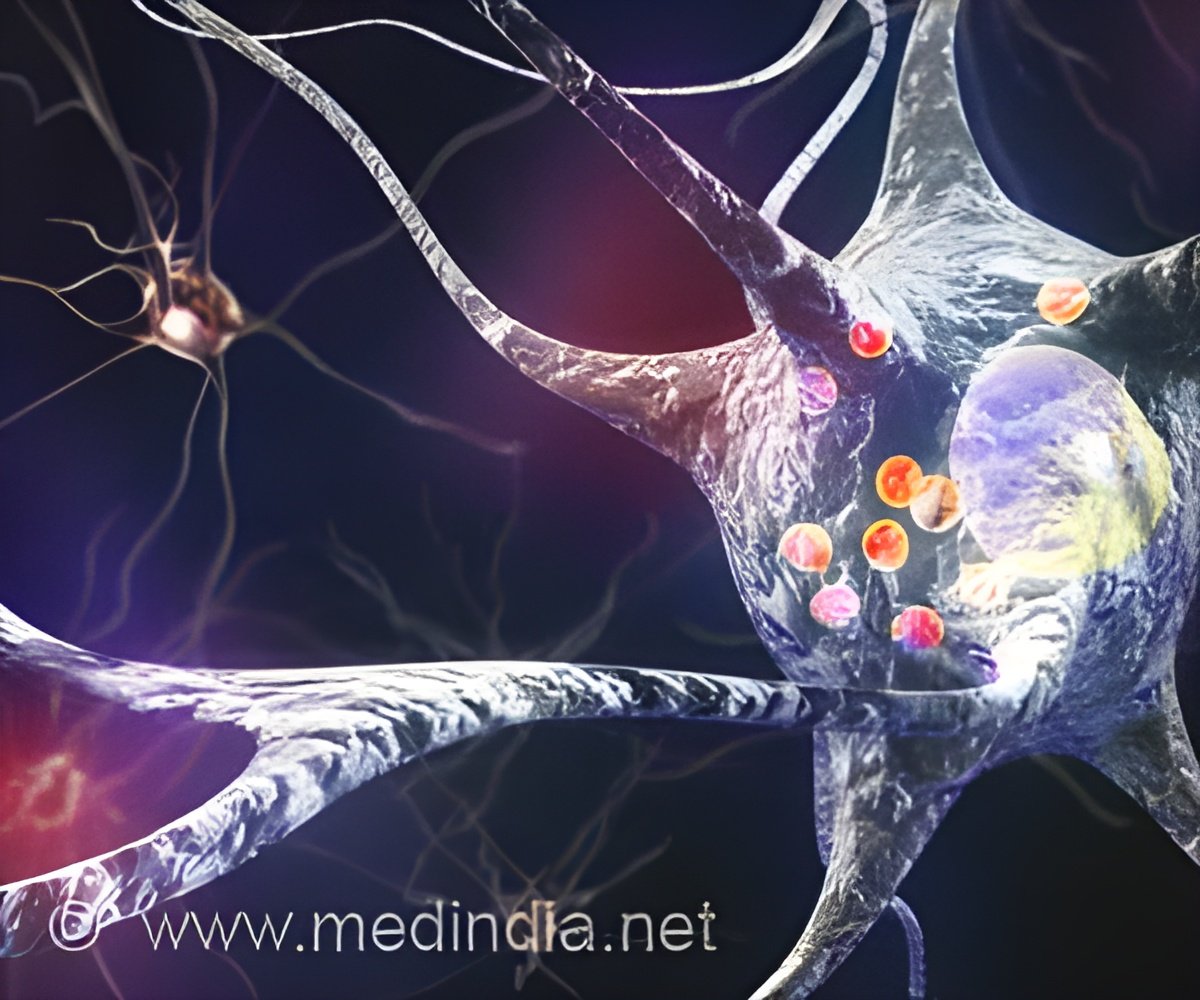After periods without food, nutrition induced widespread proliferation of hungry brain stem cells jump-start growth when food becomes available.

‘Hungry brain cells jump-start growth when food becomes available. This finding can open to multiple potential applications, including improved prenatal care in humans.
’





One reason for this lack of understanding is simply the difficulty of studying animals before they are born. The study involving tadpoles, which are developed entirely outside of a mother's womb."With tadpoles, we can look at early stages of brain development that are typically inaccessible to us," says cell biologist Caroline McKeown, Ph.D., a senior staff scientist in the neuroscience lab of Hollis Cline, Ph.D., and lead author of the study. "This study showed us, for the first time in a vertebrate species, the cell signaling pathways that are integral to nutrient-responsive cell division in neural stem cells. These findings may lead to new approaches for starting and stopping cell growth in the brain."
The research has multiple potential applications--including improved prenatal care in humans. McKeown said the findings also would contribute to on-going research in the lab on the role of neural stem cells in recovery from brain injury.
Typically, in a Xenopus tadpole and in most animals, stem cells are known as "neural progenitors" flourish during the early stages of development. These cells eventually mature into neurons, the cell type in the brain the controls thought and action.
In a previous study, McKeown and Cline found that when the tadpoles were deprived of food, their neural progenitor cells stopped dividing, and their body growth decreased, but the animals remained alive, and their behavior appeared normal. Surprisingly, if tadpoles were able to access food within about nine days, neural progenitor cells in the brain started dividing again, and the tadpoles caught up to the growth state where they would have been if the food had always been available.
Advertisement
"We know a lot of these fundamental cellular events are conserved across animal species, so it's possible that mammalian species are also capable of this kind of resilience to prenatal nutrient deprivation," McKeown says.
Advertisement
Interestingly, even without providing the tadpoles with any food, their brains could be relaunched into growth mode by activating the insulin receptor that sits on the surface of neuronal progenitor cells, Cline says. Insulin is a hormone that allows cells to use sugars from food as energy and can activate mTOR signaling. Being able to bypass the need for food on a cellular level could advance medical therapies for poor nutrition.
By carefully tracking the neural progenitor cells over time, McKeown also discovered that they were poised to divide as soon as the nutrient signals reached them. This meant the cells had halted their progression when they were right on the verge of dividing. This is typically seen in cells under stress, and clearly, starvation is a type of stress.
"Studying the ability of tadpoles to respond to environmental uncertainties helped increase our understanding of conserved cellular events controlling brain development," McKeown says.
"The observation that food affects brain cell division was already known, but nobody dug more deeply into how the food had that effect," adds Cline, Hahn Professor of Neuroscience and chair of the Department of Neuroscience in La Jolla. "We envision this knowledge becoming useful in understanding what can go wrong in the absence of maternal nutrition and how important it is to respond quickly to such an event."
Source-Eurekalert














